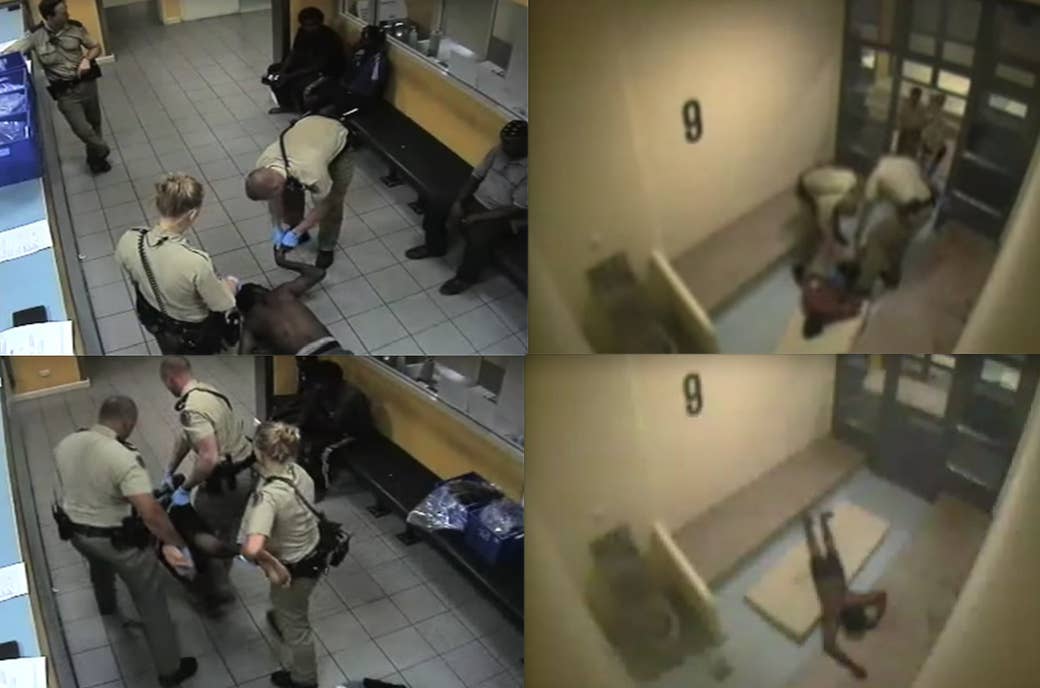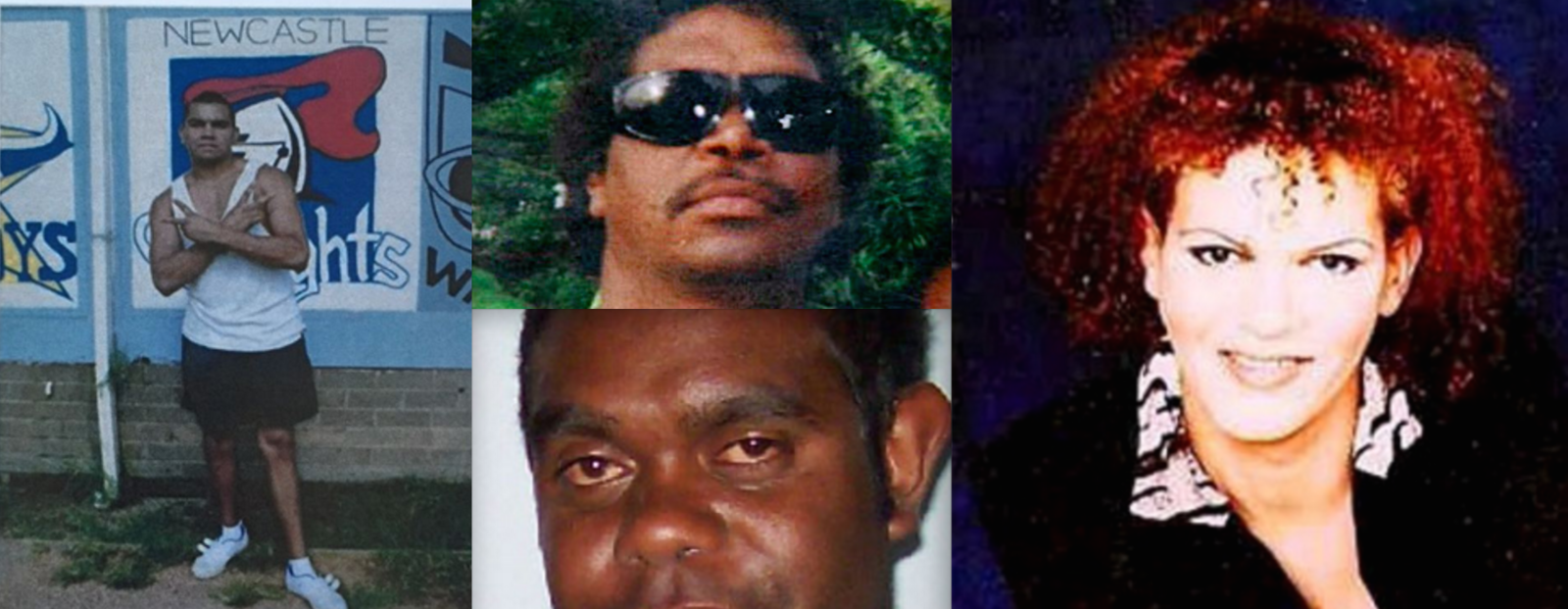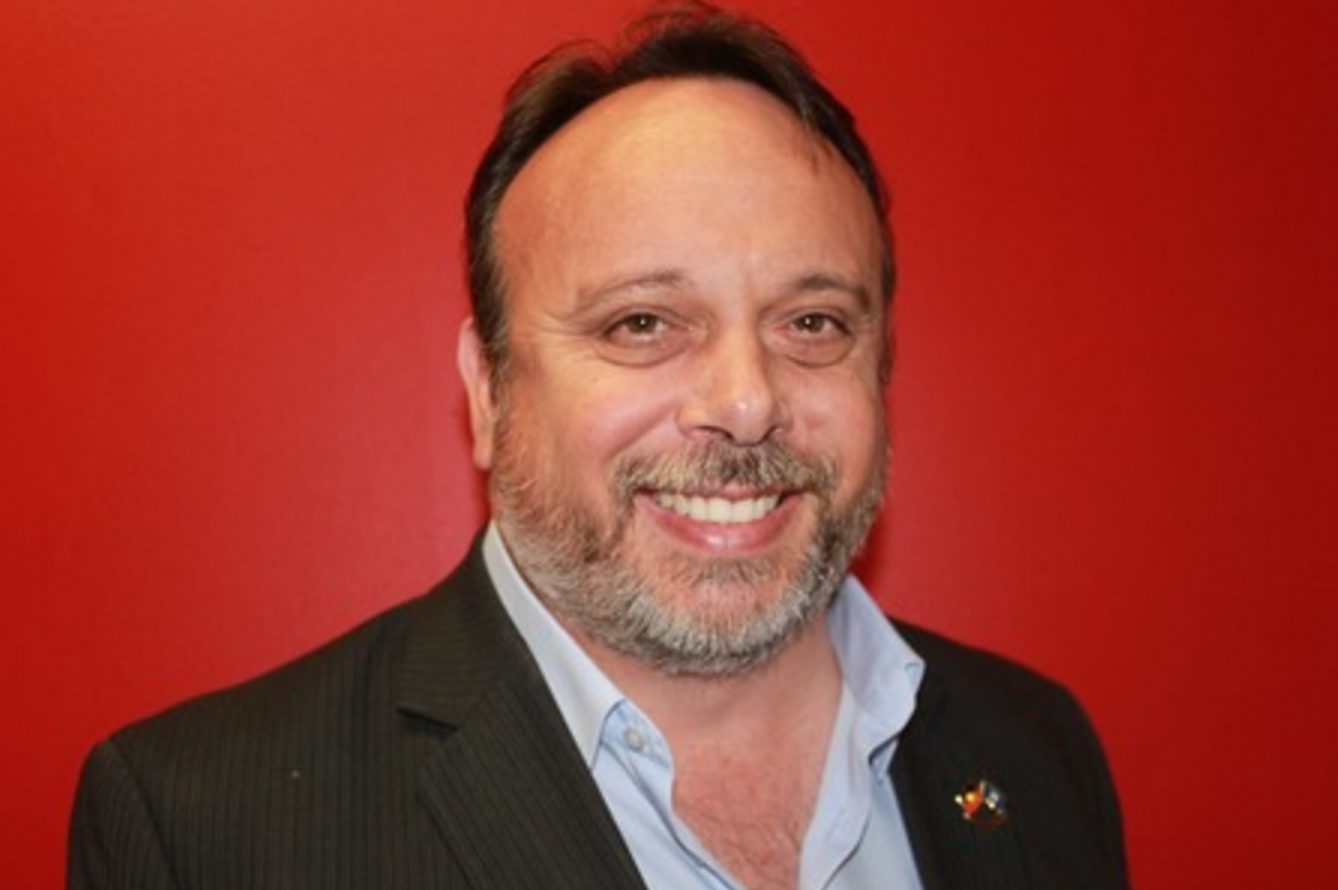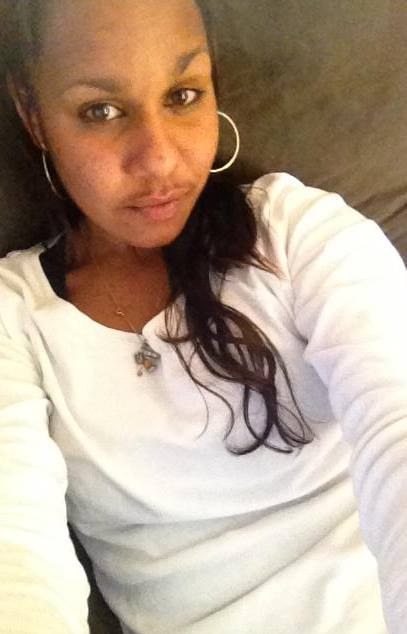Today marks 25 years since the Royal Commission into Aboriginal Deaths in Custody handed down its findings and recommendations.
In the late 1980s, Indigenous people were dying in police and prison custody in high numbers. The commission, which was set up under the Hawke government in 1987, aimed to find out why. It uncovered widespread institutionalised racism within the Australian justice system.
Incarceration rates among the Indigenous community were staggeringly disproportionate to Australia's non-Indigenous population. The commission came up with 339 recommendations to help reverse the rising imprisonment rates and stop the deaths of black people behind bars.

A key recommendation was that custody should be a last resort for Indigenous people.
Recommendation 109: That State and Territory Governments examine the range of non-custodial sentencing options available in each jurisdiction with a view to ensuring that an appropriate range of such options is available.
But few of the recommendations have been implemented, and today Indigenous people make up 30% of the overall prison population, despite being only 3% of the Australian population. In Western Australia and the Northern Territory the statistics are worse: Indigenous people make up more than 80% of the prison population.
Gary Oliver, the CEO of the NSW/ACT Aboriginal Legal Service (ALS) says the lack of progress is unacceptable. "It’s a stain on our country and a stain on Australia if we accept deaths like this," he says.
"The anniversary should be noted, but in no way is it a celebration. We have had more deaths in custody than recommendations."
If you are Aboriginal or Torres Strait Islander you are more likely to be arrested, placed in jail, and die in custody in 2016 than you were 25 years ago, when the Royal Commission reported. More than 365 Aboriginal and Torres Strait Islander people have died in police or corrections custody since 1988.

Oliver is demanding federal and state governments implement all of the commission's recommendations or risk a "catastrophic crisis".
"I call on the government to fully endorse the recommendations of the Royal Commission," he says. "The Royal Commission wasn’t just a stamp on paper – the recommendations [if implemented] will impact in a real way on the lives of Aboriginal people.
"The reality is black lives make money for governments, it creates employment opportunities in the justice system. Just have a look at the number of people incarcerated and the expenditure. Can you imagine if that expenditure was used on community programs to help keep people safe and out of prison?"

Amnesty International Indigenous rights campaigner Julian Cleary tells BuzzFeed News that Australia's Indigenous incarceration figures are seen internationally as a human rights issue.

"Our secretary general constantly goes into crisis zones all the time, all around the world, and he personally chooses to come to Australia last year because we have a massive human rights issue here," says Cleary. "That is the massive ongoing rates at which we lock up our Aboriginal and Torres Strait Islander people. It’s shameful."
Last year, an Amnesty report found Western Australia was putting Aboriginal youth behind bars at a higher rate than the rest of the country. Eighty per cent of young people aged between 10–17 currently in detention in WA are Indigenous.
Cleary says the solution requires heavy investment in grassroots programs, telling BuzzFeed News the problems in WA could be solved by empowering community leaders rather than taking the punitive approach of the state government.
"It’s a really sad time," Cleary says, "things are getting worse and it’s an indictment on our country for failing to implement the recommendations ... We’ve had a generation of failure and now we need a generation of action."

The inquest this year into the harrowing death of 22-year-old Yamatji woman Ms Dhu in a Western Australian watch-house brought the issue of deaths in custody back into the headlines.
Dhu was locked up in 2014 for failing to pay $3,622 in fines. The inquest heard she was shown "no compassion" while in custody. Despite screaming in agony and complaining of being unwell several times, she was sent back to her cell by two doctors. One police officer called her a "fucking junkie". Dhu died alone in agony from staphylococcal septicaemia and pneumonia, a result of an infection from a broken rib she had sustained from domestic violence.
The family don't want her death to be in vain. They want an end to deaths in custody.
“I’ve always thought a conviction would be appropriate justice, but we’ve never ever had a conviction in Australian history for any [Aboriginal] deaths in custody,” Dhu's uncle Shaun Harris told BuzzFeed News earlier this year.
“It’s still shocking to see the CCTV footage again. Words can’t describe what we [Dhu’s family] feel when we watch her last days. It’s eerie, it’s chilling, and no one should ever be treated in that way, regardless of their colour.
“The fact that it’s a young 22-year-old young lady who was really sick and was left to die like a dog just makes it even more spine-tingling."
